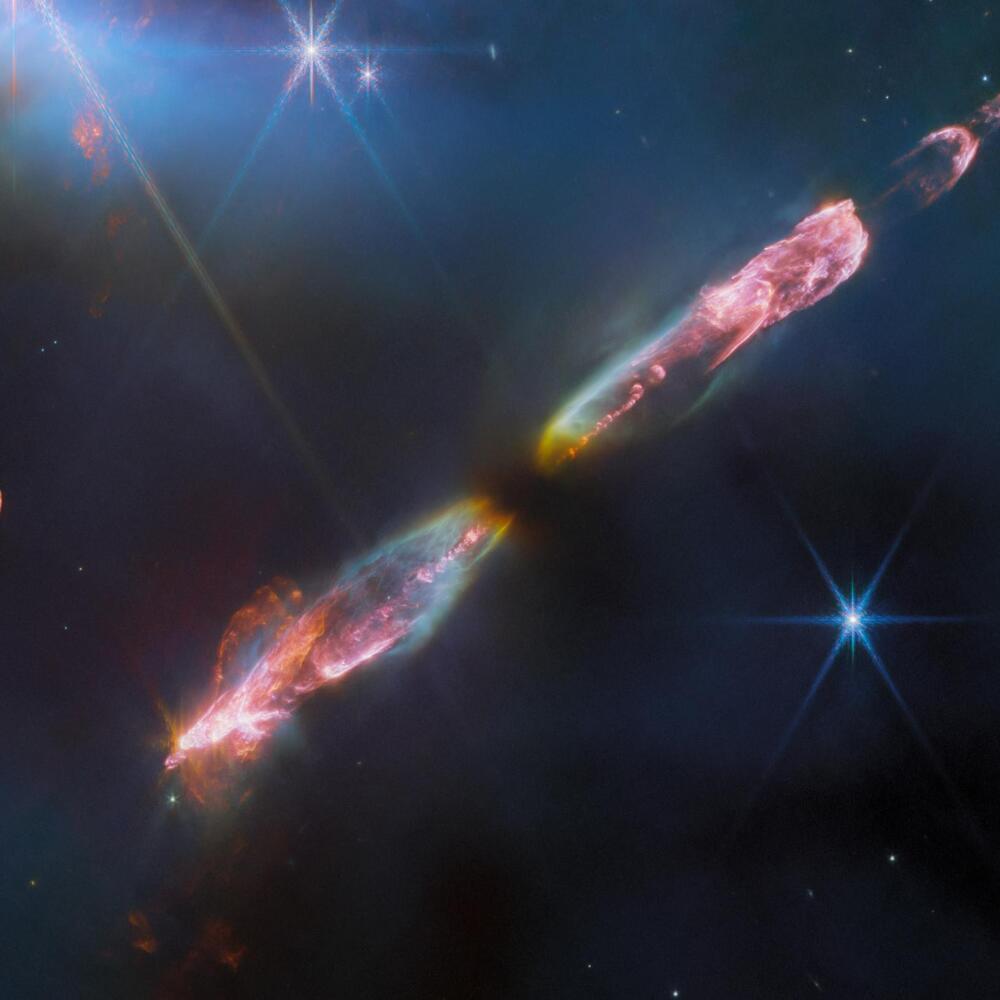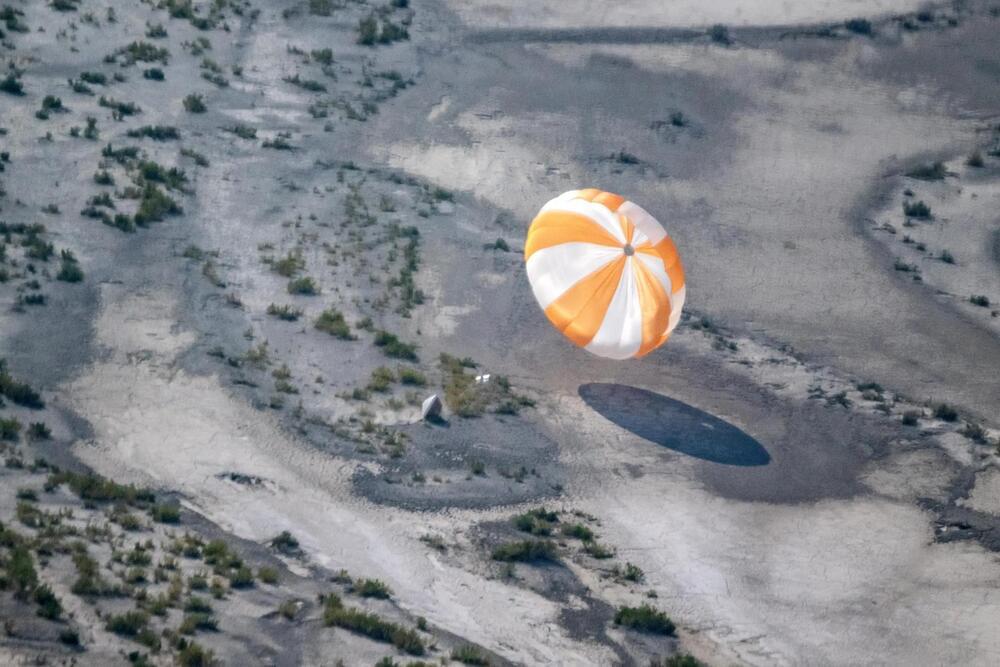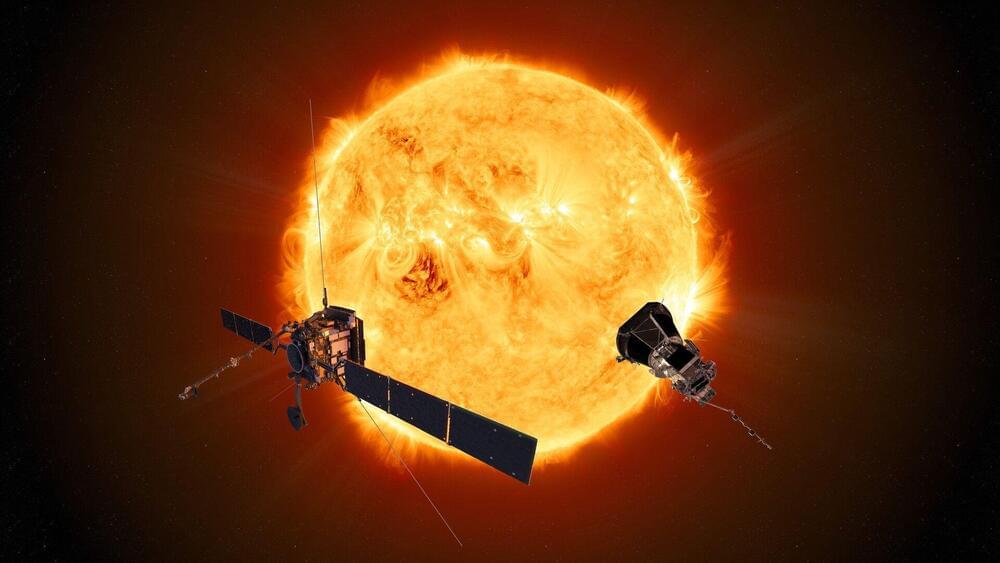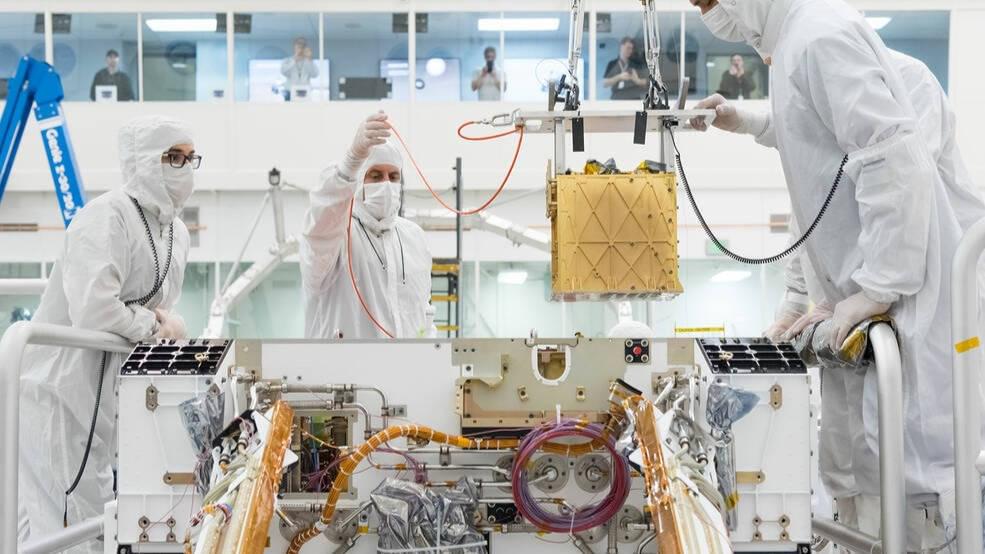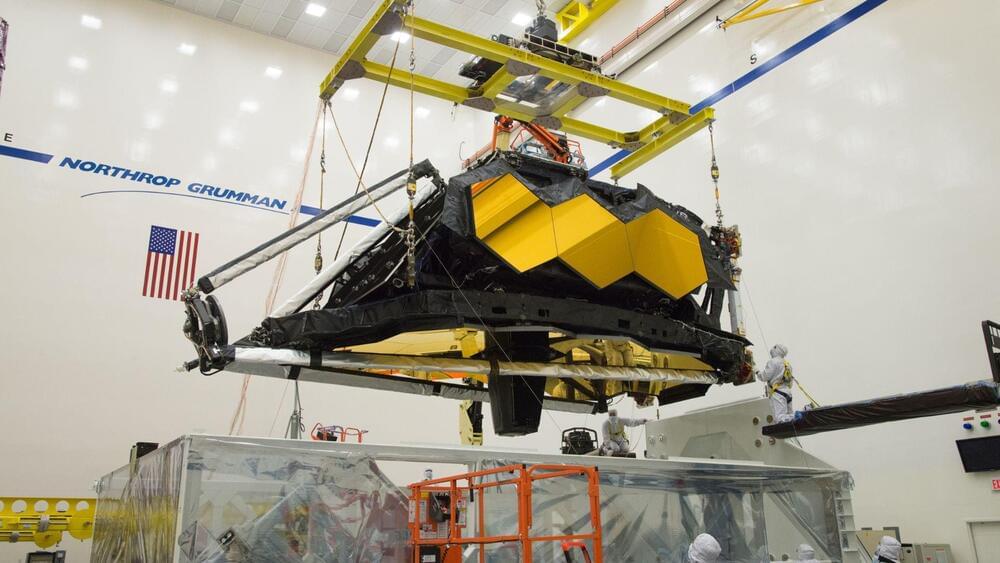A team of researchers, led by a University of Hawai’i (UH) at Manoa planetary scientist, discovered that high energy electrons in Earth’s plasma sheet are contributing to weathering processes on the Moon’s surface and, importantly, the electrons may have aided the formation of water on the lunar surface. The study was published today in Nature Astronomy.
Understanding the concentrations and distributions of water on the Moon is critical to understanding its formation and evolution, and to providing water resources for future human exploration. The new discovery may also help explain the origin of the water ice previously discovered in the lunar permanently shaded regions.
Due to Earth’s magnetism, there is a force field surrounding the planet, referred to as the magnetosphere, that protects Earth from space weathering and damaging radiation from the Sun. Solar wind pushes the magnetosphere and reshapes it, making a long tail on the night side. The plasma sheet within this magnetotail is a region consisting of high energy electrons and ions that may be sourced from Earth and the solar wind.
